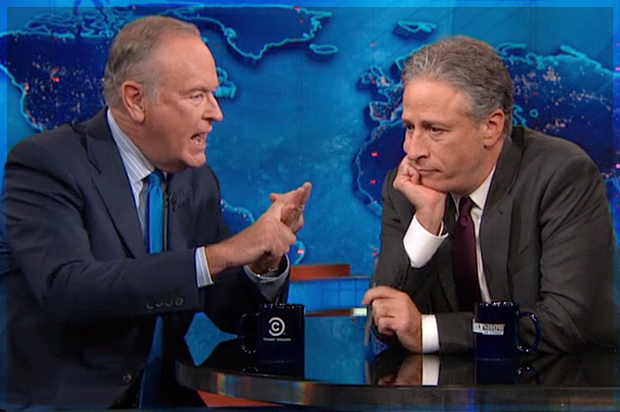A new study out of the University of Kansas demonstrates that the individuals most likely to vote in elections aren’t worried about policy so much as they are invested in their “team” winning.
In “Red and Blue States of Mind: Partisan Hostility and Voting in the United States,” University of Kansas assistant professor of political science Patrick Miller and Pamela Johnston Conover, a distinguished professor of political science at the University of North Carolina at Chapel Hill, argue that in the current polarized political climate, voters behave more like obsessed sports fans than informed citizens.
“For too many of them,” Miller told the University of Kansas News Service, “it’s not high-minded, good-government, issue-based goals. It’s, ‘I hate the other party. I’m going to go out, and we’re going to beat them.’ That’s troubling.”
Analyzing data from the 2010 Cooperative Congressional Election Study, Miller and Conover found that, contrary to earlier research, party loyalty was the driving factor in voter behavior — much more so than fundamental disagreements over ideological issues.
Forty-one percent of voters who identified with either the Democratic or Republican party stated that they were more heavily invested in winning elections than achieving policy goals, whereas only 35 percent of respondents felt that ideology trumped party victory. Moreover, 38 percent of self-described Democrats and Republicans believed that politics is a zero-sum game in which electoral victory must be achieved at all cost, using any tactic necessary.
According to the researchers, such tactics included “voter suppression, stealing or cheating in elections, physical violence and threats against the other party, lying, personal attacks on opponents, not allowing the other party to speak and using the filibuster to gridlock Congress.”
Miller said that this is the first research to demonstrate that strong political partisans are motivated primarily by their affiliations, and that their commitment to their “team” is so strong that they are more than willing to endorse illegal or merely unethical voting behavior in order to achieve a victory.
He also said that contrary to the impression that many have — that the increase in incivility among politicians is responsible for the ideological polarization of the voting public — it’s possible that the exact opposite is true. “If our politicians are polarized and uncivil,” Miller explained, “maybe it’s because many voters are polarized and uncivil.”
“We’re not thinking about politics in the way that most Founders wanted, which is to think about issues, be open to compromise and not be attached to parties,” he continued. “We’re looking at politics through a simplistic partisan view in which we think our side is good and their side is bad.”
This dynamic isn’t only operative during election seasons either, and that could have a deleterious effect not just on the body politic, but on American society in general.
“If all I care about is the game and my side winning, then what happens between the games?” Miller asked. The best way forward would be for politicians to convince the strongest partisans in their base that disagreeing with a member of the other “team” doesn’t relegate them to the category of evil.
Unfortunately, Miller said that such convincing won’t come easy. “They’re our rivals, like Kansas or Missouri, Duke or North Carolina,” and such impassioned commitments aren’t shrugged off lightly.
Watch a video of Patrick Miller discussing his new study below via the University of Kansas’s News Service on YouTube.

